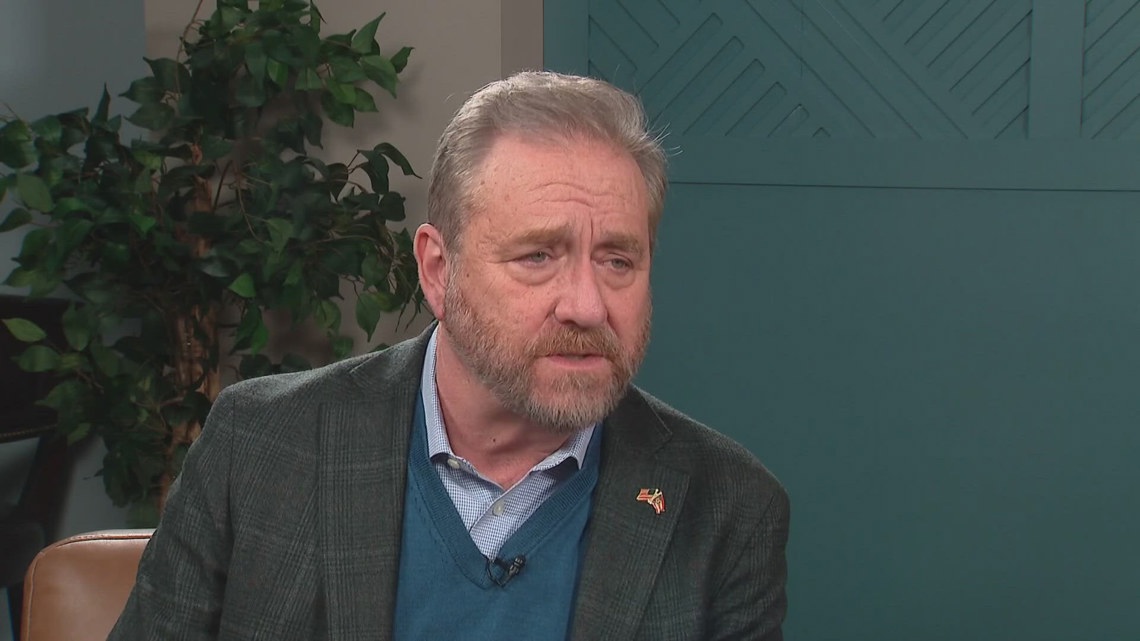Ohio Attorney General Dave Yost, after a setback at the U.S. Supreme Court, has decided to allow a proposed constitutional amendment aimed at ending qualified immunity for police and government employees to move forward. His stance changed following a ruling that he had imposed a “severe burden” on organizers and affected their First Amendment rights. Yost had previously rejected the proposed summary language for the measure but now aims to collaborate with the state Legislature to reform the ballot initiative process. The amendment will next be reviewed by the Ohio Ballot Board.
Yost consistently dismissed the proposed summary language for the measure, asserting that it did not provide a fair or accurate depiction of the measure’s intent.
COLUMBUS, Ohio — Following a significant defeat at the U.S. Supreme Court, Republican Ohio Attorney General Dave Yost announced on Tuesday that he would set aside his objections, allowing a proposed constitutional amendment aimed at eliminating qualified immunity for police and other public employees to proceed.
Yost’s decision coincided with the Supreme Court’s refusal to stay a preliminary injunction granted by the U.S. District Court for the Southern District of Ohio. The court had sided with the advocates of the measure, stating that their First Amendment rights to free speech were likely violated.
As Ohio’s nearly century-old ballot initiative process faced the risk of being permanently deemed unconstitutional, Yost acted swiftly to withdraw the appeal he had lodged in the Sixth Circuit Court of Appeals.
Yost consistently dismissed the proposed summary language for the measure, asserting that it did not provide a fair or accurate depiction of the measure’s intent.
However, lower courts determined that he had imposed a “severe burden” on the organizers regarding their ability to communicate with voters and meet filing deadlines. Additionally, they rejected Yost’s claim that the case should be handled by the Ohio Supreme Court.
“Dave Yost has shown that he cannot be trusted with that level of power,” stated Mark Brown, an attorney representing the organizers. “This grants a significant amount of power to any state official, particularly an elected one. The Supreme Court made the correct call.”
Yost released a statement indicating his intention to collaborate with the Republican-controlled state Legislature to develop legislation “to reform the ballot initiative summary process to safeguard the integrity of Ohio’s elections and uphold freedom of speech.”
The proposed constitutional amendment aims to abolish qualified immunity, which provides special legal protections that shield police and government employees from being sued for allegedly violating individuals’ constitutional rights. The next step for the measure is to move to the Ohio Ballot Board.
